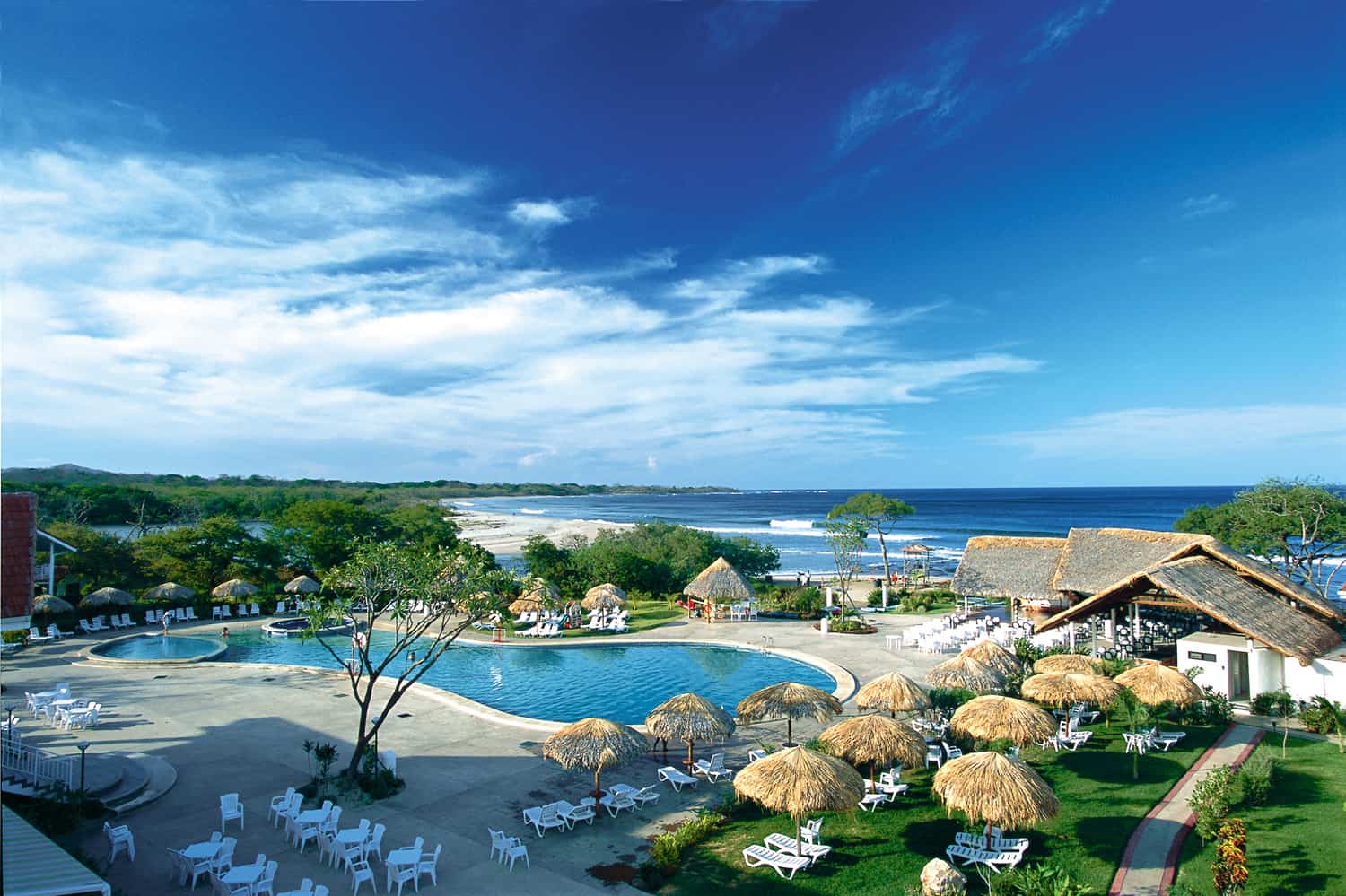Costa Rica’s fiscal deficit and other structural concerns weigh heavily on the country’s business confidence, dropping to its lowest level in the last two years, according to the latest quarterly survey from the Union of Private-Sector Chambers and Associations (UCCAEP), an organization that represents over 40 national businesses.
Business confidence dropped by 10 percent compared to the same period last year, the report said. Confidence dropped in every sector surveyed.
UCCAEP President Ronald Jiménez noted that structural challenges in the economy, including the deficit, the country’s infrastructure shortfall and high electricity rates were most likely to blame for the drop, not President Luis Guillermo Solís’ administration, which took office May 8.
“I wouldn’t blame the new government for the drop in this indicator,” Jiménez said Thursday during a presentation of the survey. “The problem we have with electricity rates and others likely have a greater weight on this indicator.”
Only two sectors, tourism and industry, listed the period between January and March 2014 as better than the same period in 2013.
The business sector listed the fiscal deficit and improving infrastructure as its two main priorities for Solís’ first 100 days in office.
The first decree that the president signed listed 12 bridges and nine sewers that were a national priority to repair. But a story today in the daily La Nación noted that seven of the nine sewer projects listed in the decree already have been repaired.
Vice President and Finance Minister Helio Fallas told Bloomberg that the Solís administration would defer raising taxes for the next two years, focusing instead on fighting tax evasion and improving collection.
UCCAEP treasurer and economist Luis Mesalles, however, said the fiscal deficit, currently 5.4 percent of gross domestic product and growing, would require more than improved tax collection. He said government expenditures would need reforms and the overall economy needs to grow more to close the budget gap.
Jiménez reiterated UCCAEP’s concern about a pending labor reform bill that would allow strikes by workers in essential services, including power and light, airports and police, among others.
“This has us extremely nervous because it affects the productive sector,” the UCCAEP president said.
Solís is set to travel to the United States sometime in June as part of a tour to New York and California to attract foreign investment in Costa Rica. Shortly after he won the April 6 runoff election, Costa Rica suffered a series of high profile layoffs by international businesses, including the microchip company Intel, which announced it was closing its manufacturing facility in Heredia and laying off some 1,500 employees.
The survey also asked how the commercial sector rated ex-President Laura Chinchilla’s administration. The former government received its worst scores in infrastructure and combating corruption. Public security and education were Chinchilla’s best scoring areas.
UCCAEP surveyed 480 presidents or general managers of large, medium and small businesses during the first two weeks of April. The survey has a margin of error of 5.6 percent and a 95 percent level of confidence.






